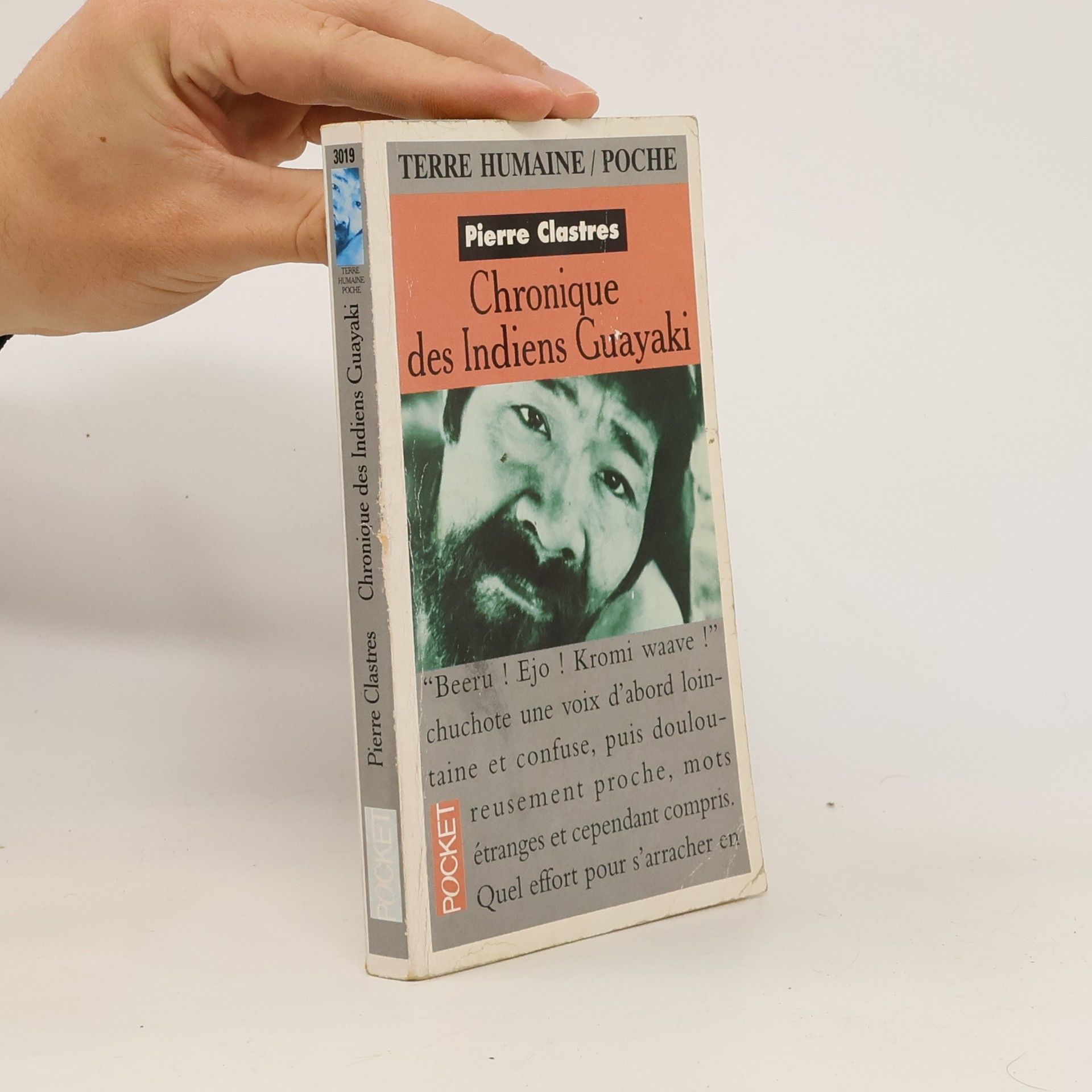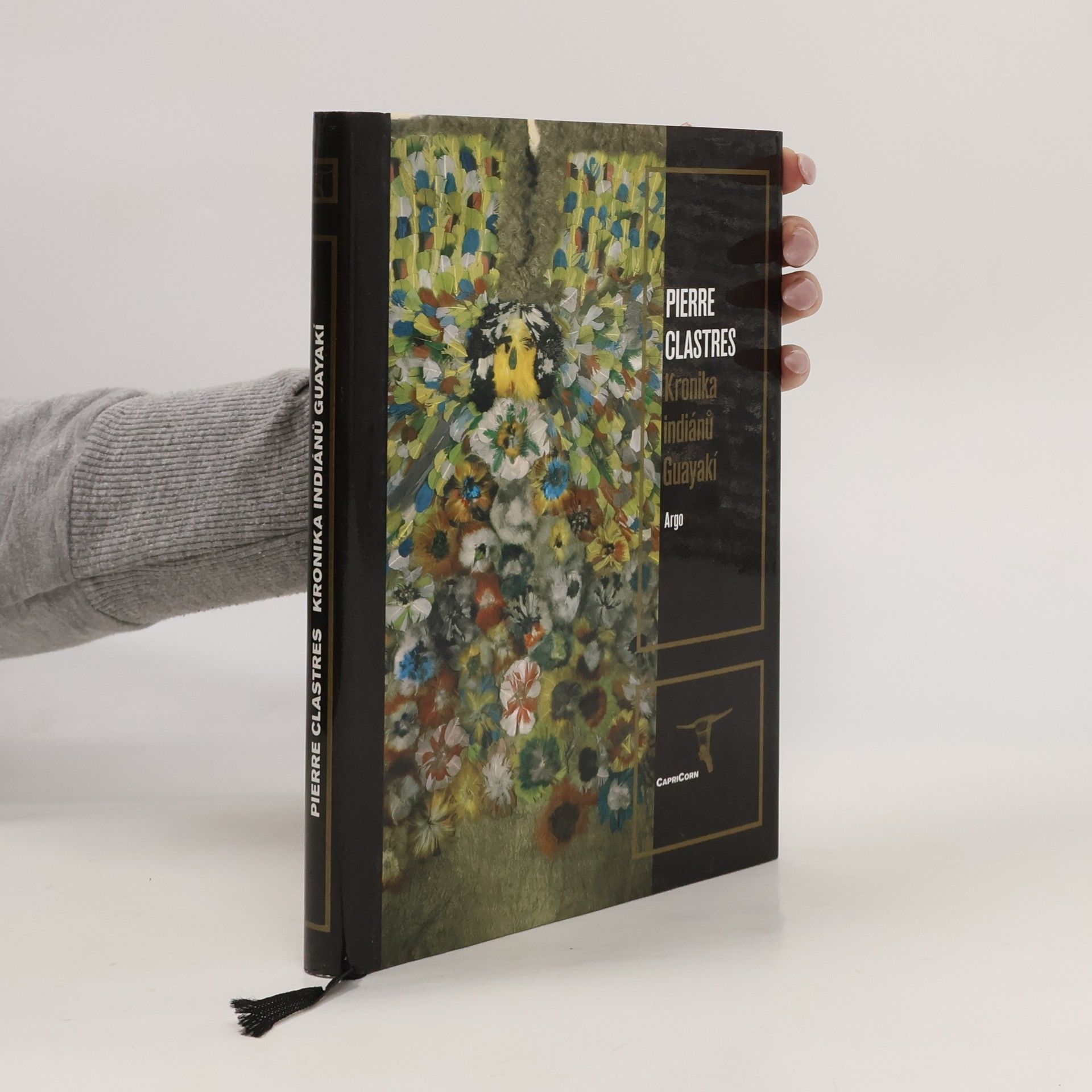Archäologie der Gewalt
- 128 pages
- 5 hours of reading
Pierre Clastres untersucht die Rolle von Gewalt in primitiven Gesellschaften und deren Funktion zur Verhinderung der Entstehung eines Staatsapparates. Er argumentiert, dass Stammesgesellschaften Gewalt nicht nur als Teil ihrer Existenz akzeptieren, sondern sie systematisch einsetzen, um das "kalte Monster" des Staates zu vermeiden. Clastres widerlegt gängige Theorien, die Krieg als Ergebnis von Jagd oder misslungenen Handelsbeziehungen betrachten, und beschreibt stattdessen die primitive Gesellschaft als eine, die sich in einem ständigen Kriegszustand befindet.



